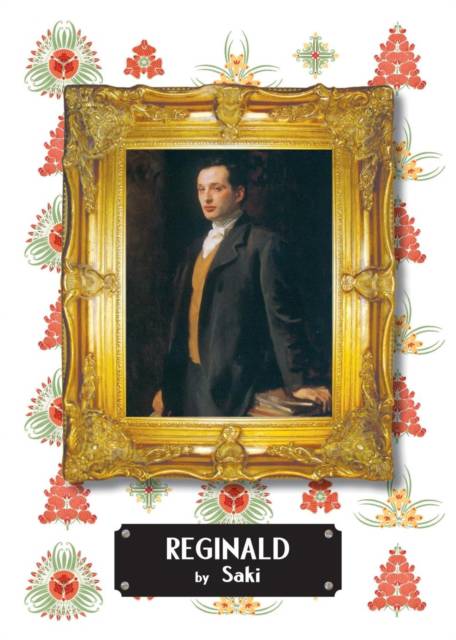
- Retrait gratuit dans votre magasin Club
- 7.000.000 titres dans notre catalogue
- Payer en toute sécurité
- Toujours un magasin près de chez vous
- Retrait gratuit dans votre magasin Club
- 7.000.000 titres dans notre catalogue
- Payer en toute sécurité
- Toujours un magasin près de chez vous
Description
The death of Oscar Wilde in 1900 left the position of The Wittiest Man in the World open and up for grabs. There seemed no clear inheritor. Then, over the next couple of years, in the pages of the Westminster Gazette, there slowly emerged someone whose political satires and sketches of society brought the Wildean barb screaming into the new century. He was a man by the name of Hector Munro, but very few knew that. All his pieces were signed with a name now synonymous with wit - simply Saki. - "Youth should suggest innocence." "But never act on the suggestion." - "Scandal is merely the compassionate allowance which the gay make to the humdrum." Saki's savage sketches of society were initially centred around one character, uncannily like himself. Reginald is dangerous. Brutally honest, not interested in mediocrity or convention, he cuts a hilarious swathe through more polite circles. These 15 pieces were first collected together in 1904. - "Her frocks are built in Paris, but she wears them with a strong English accent." - "The fashion just now is a Roman Catholic frame of mind with an Agnostic conscience: you get the mediaeval picturesqueness of the one with the modern conveniences of the other." - "I hate posterity - it's so fond of having the last word." Saki (Hector Munro) was born in Burma in 1870. He was sent to boarding school in Devon and Bedfordshire. Following his father into the Imperial Police, he was posted back to Burma. After contracting malaria, he returned to England where his writing career blossomed. When war broke out in 1914, he refused a commission and joined up as an ordinary trooper. During the Battle of the Ancre in 1916, whilst resting in a crater, he was shot by a German sniper. His output included some of the funniest stories in the English language, as well as plays, essays and two novels.
Spécifications
Parties prenantes
- Auteur(s) :
- Editeur:
Contenu
- Nombre de pages :
- 130
- Langue:
- Anglais
Caractéristiques
- EAN:
- 9780987483546
- Date de parution :
- 25-11-13
- Format:
- Livre broché
- Format numérique:
- Trade paperback (VS)
- Dimensions :
- 127 mm x 178 mm
- Poids :
- 117 g







